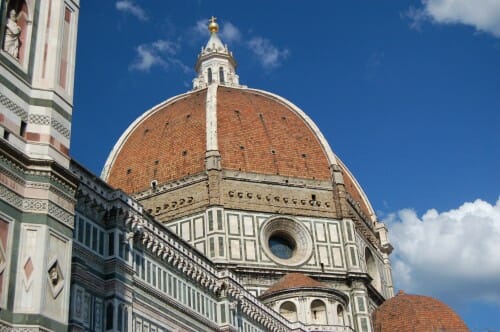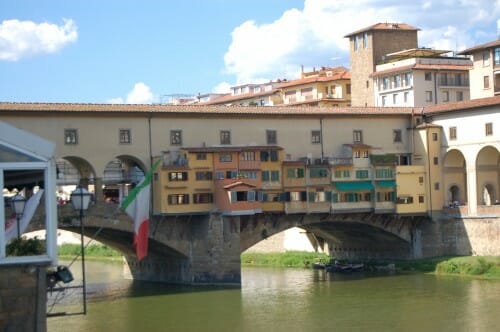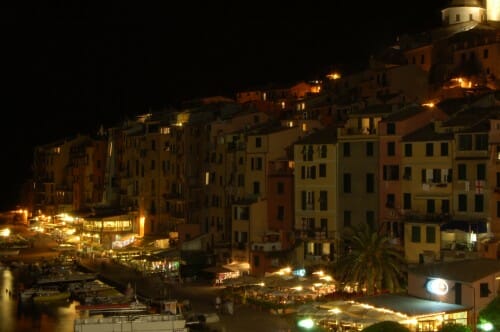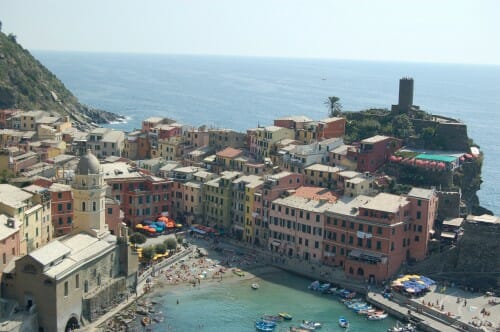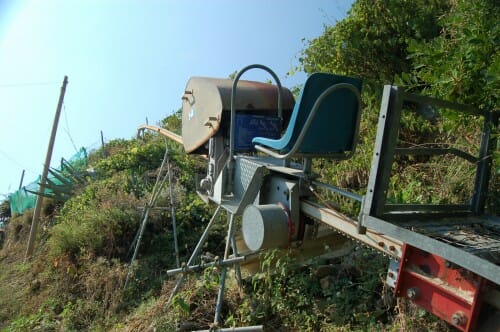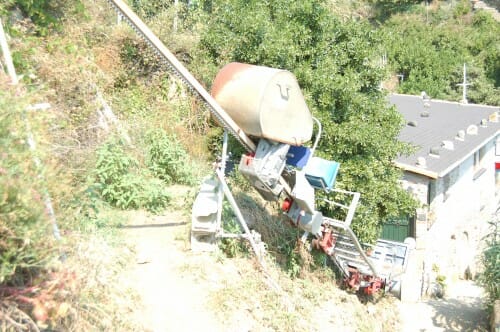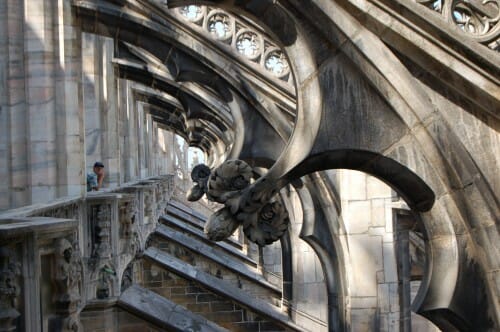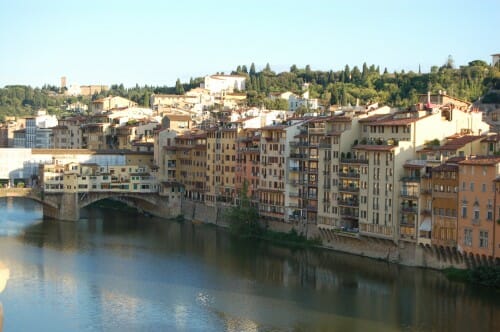Why Are Democrats Promising to Raise Prices?
My new column is up at Forbes, and is on the Democratic push to raise the prices of Chinese goods (either through currency policy or tariffs). This has to be one of the craziest campaign themes of all time -- please, let us raise your prices.
We should be thrilled that the Chinese government and its people see fit to spend their own money to subsidize lower prices for American businesses and consumers. Last week, President Obama put substantial pressure on the Chinese prime minister to revalue Chinese currency, a revaluation that would have the effect of raising prices of all Chinese goods in the United States. What possible sense does such a move make, particularly in a recession?
Christian Broda and John Romalis, a pair of University of Chicago economists, have been doing work on income distribution. A couple of years ago they published a paper that showed how our measures of income inequality may be exaggerated because the metrics assume that both rich and poor experience the same rate of inflation. In fact, the researches found, over the last decade or so the poor have seen much lower rates of inflation than the rich, in large part due to goods of the type imported by China and sold at Wal-Mart (another institution Democrats like to demagogue against).
Sadly, prices for low-income Americans could be even lower were it not for past protectionist measures. When one looks at the goods that have the highest import tariffs, one sees the very same goods that typically make up a disproportionate share of the poor's purchases: Tobacco, clothing, tires, auto parts, fruits and vegetables. All of these have their prices raised 20-350 percent by import tariffs.
This means that at the same time Democrats have again raised issues of rising income inequality, they are trying to stop some of the most powerful forces at work mitigating these income differences. There is no question that if Democrats are successful in changing China's currency policy and/or imposing new tariffs (taxes) on Chinese goods, prices will rise for all Americans, but particularly so for the lower income brackets that are supposedly the Democrats' constituency.
The most frustrating part of this whole effort is that it is aimed at a myth: the declining American manufacturing base. In fact, American manufacturing output continues to hit new all-time highs "” despite the current recession, American manufacturing output today is still 40% higher than it was in 1990.



